A periscope on history
Updated: 2016-09-30 08:09
By Mei Jia(China Daily)
|
||||||||
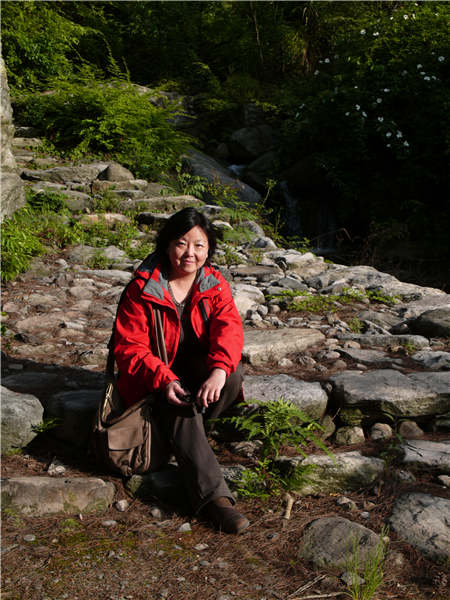 |
|
Writer Fang Fang [Photo provided to China Daily] |
Author combines perspectives to shed light on difficult times, she tells Mei Jia.
Fang Fang has always been an outspoken voice among the established Chinese writers born in the 1950s.
In her works, she is straightforward in examining life's misery for people living at the bottom, and she is equally direct in criticism of unfairness she perceives in awarding literary prizes, even if that means trouble and even a lawsuit for herself.
"I need to fight for my right to criticize. Though it was just an accidental event ignited by two of my micro blog updates, I was involved and I decided to stay in the battle," says the 61-year-old Wuhan-based writer, who was in Beijing for her new book launch.
Such controversies and "energy-consuming headaches" forced Fang to stop working on her latest novel, Ruan Mai (Bare Burial), for a year before it was released by People's Literature Publishing House last month.
"Bare burial" is a phrase known to few Chinese, especially younger people. It means burying the dead directly in the earth without a coffin, or even without a shroud-an indecent act in the minds of traditional Chinese.
Fang first learned the phrase from a longtime friend whose mother has Alzheimer's disease but remembered an old horror. "Don't bury me barely," the woman kept telling her daughter, who bought a decent coffin when her mother was cremated.
Fang was struck by the words. "A folk tale goes that people being barely buried can't go to an afterlife. To me, a living person who refuses past memories is also barely buried in time and history."
- Chongqing police crackdown on telecom fraud
- Expert: China needs a safety makeover
- Treasure hunters taken in by rumor of buried jade
- Deepest rail station coming to Badaling Great Wall
- Look down if you dare: world's most vertigo-inducing glass skywalks
- Boy with leukemia overcomes lonely hospital trips, keeps studying
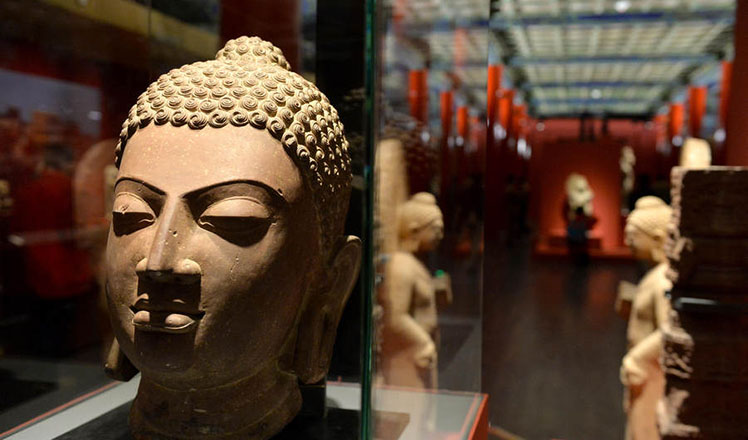
 Chinese and Indian sculptures on display at the Palace Museum in Beijing
Chinese and Indian sculptures on display at the Palace Museum in Beijing
 Rescue work at the typhoon-hit provinces
Rescue work at the typhoon-hit provinces
 Wonderland-like sunrise in East China
Wonderland-like sunrise in East China
 Real life 'Transformer' car turns into robot
Real life 'Transformer' car turns into robot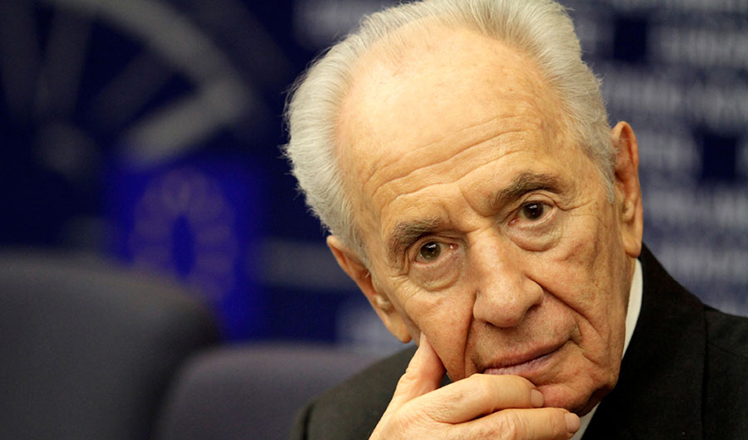
 Israel's ex-president Peres dies at 93
Israel's ex-president Peres dies at 93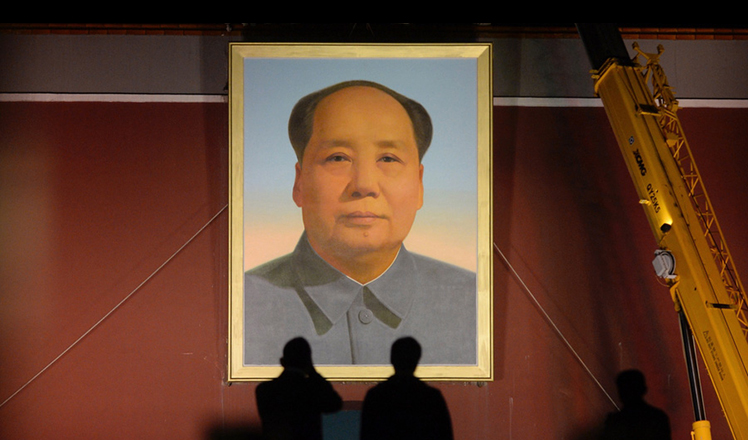
 New Mao Zedong's portrait graces Tian'anmen
New Mao Zedong's portrait graces Tian'anmen
 Clinton, Trump go head to head in high stakes presidential debate
Clinton, Trump go head to head in high stakes presidential debate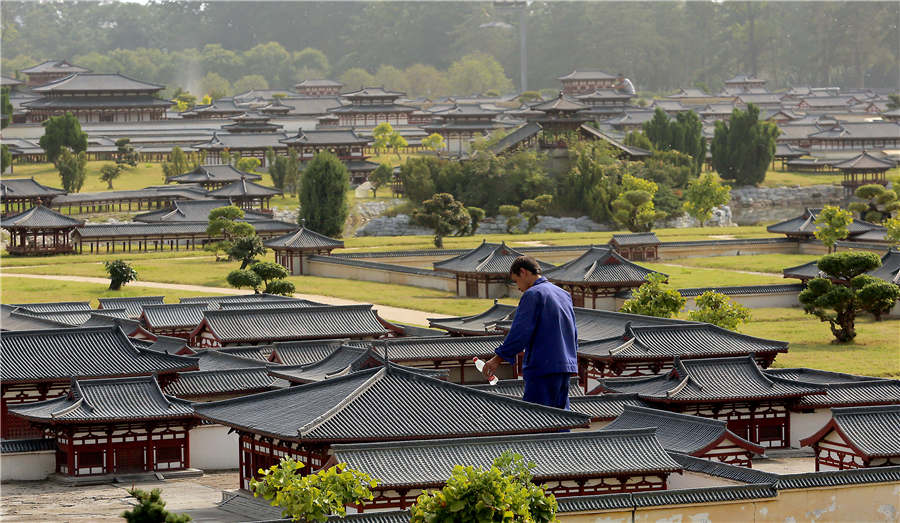
 Miniature replica of Daming Palace shows craftsmanship
Miniature replica of Daming Palace shows craftsmanship
Most Viewed
Editor's Picks

|

|

|

|

|

|
Today's Top News
Trump outlines anti-terror plan, proposing extreme vetting for immigrants
Phelps puts spotlight on cupping
US launches airstrikes against IS targets in Libya's Sirte
Ministry slams US-Korean THAAD deployment
Two police officers shot at protest in Dallas
Abe's blame game reveals his policies failing to get results
Ending wildlife trafficking must be policy priority in Asia
Effects of supply-side reform take time to be seen
US Weekly

|

|







